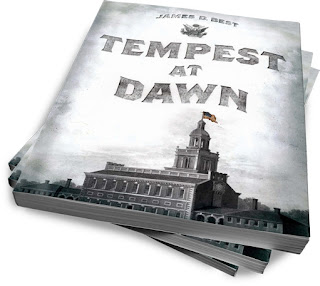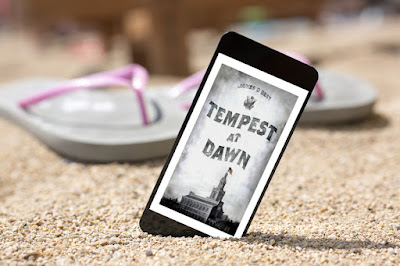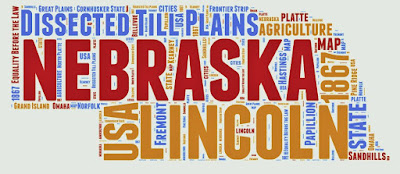Socialism takes from people who produce to give goods and
services to the "less fortunate." It is done under the premise of
fairness. Everyone should benefit from the largess of the wonderful world that
surrounds us all.
The prior paragraph may sound appealing, but there are three
fatal errors embedded in the premise.
1. Fortune has little to do with income
2. Fairness is in the eyes of the beholder
3. The world is dangerous, not wonderful.
The term “less fortunate” makes it sound like success
depends on luck. Except, what happens to “luck” under a socialist system. Under
socialism, scarcity is the order of the day. Even commodities like toilet paper
are in short supply. If “luck” brought all these goods to market under
capitalism, why doesn’t “luck” deliver the goods under socialism?
If a person produces something through brawn, wits, or
practiced skill, that person believes that fairness dictates that they should
be able to keep what they produce. It doesn’t matter whether that “fortunate”
person is a plumber, entrepreneur, or NFL player. Socialism sees fairness
differently. People with more must give their “fair share” of what they produce
to others. The recipient probably thinks it’s fair, but producers feels abused.
Advanced societies live in a wonderful world, but its
wonders are due to capitalism. Our hardscrabble world offers no “largess” free
for the taking. Before Adam Smith, the hoi polloi found food scarce, work
backbreaking, bug-ridden shelters unpleasant, support systems nil, and life
short. That was the world before capitalism. In fact, that’s the world today in
the underdeveloped world. Life is harsh without capitalists to scrape the burrs
off.
Those who can’t demand more than minimum wage want to
believe that their problems result not from sloth, but from ill fortune, theft,
or a rigged system. Socialism appeals to the indebted, the lazy, and the
unskilled. For a period, socialism works, but socialism soon converts the
productive into the skillfully lazy. Everyone is equal, but equally without.
Except for the commissars and their friends and family. They live well. You
see, socialism is really about trading places. The politically powerful trade
places with the people who used to build stuff, create nifty things, or get it
to market. The operative phrase in that sentence is used to. They no longer own
the product of their sweat or wits, so they live off their already accumulated
wealth, move, or cozy up to the state. Thus, no toilet paper.
Whenever capitalism and socialism are pitted against each
other, capitalism always wins. Wherever and whenever free markets are allowed
to reign, people are better off. All the people. Inequality grows, but
inequality grows under socialism as well. The difference is that the socialist
ruling class disguise their lifestyle while under capitalism, the rich revel in
it. Why does capitalism work so much better than romanticized socialism? I can
explain in one word.
Rewards.
That’s why capitalism wins. Always. Rewards for hard work.
Rewards for being clever. Rewards for endless training in a sport or performing
art. Rewards for taking risks. Rewards for developing skills needed by society.
Even rewards for showing up on time.
Socialism? Not so much. Under socialism the only rewards are
for exercising raw political power or being connected to raw political power.
That’s why socialism sucks. Big time.
















